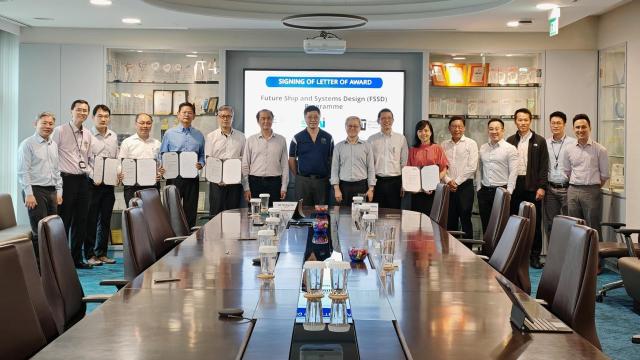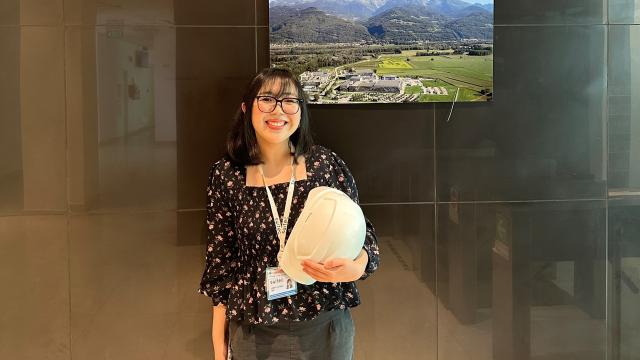Increasing global populations have placed great strain on fisheries and fishing stocks. About 85% of fish caught is used for human consumption and provides over 15% of the dietary intake of animal protein. Unless the current situation improves, fisheries are predicted to collapse soon, in a span of just three decades by 2048.
The looming global collapse of fisheries will pose a threat to one of Singapore’s food sources, and affordable tze char dinners may become a memory of the past. According to WWF, Singaporeans consume an average of 100,000 tonnes of seafood a year. And Singapore imports over 90% of its food where fish is brought in mainly from Indonesia, Malaysia, and Thailand.
- Sustainability – The fishery where stocks are from are at healthy levels and productive
- Traceability – Assurance to consumers there is no mislabelling of products from sea to table
Local fisheries like Far Ocean Sea Products and Global Oceanlink are also getting in on the sustainability bandwagon. According to a Straits Times article in 2015, the biggest stumbling block to businesses is cost. For example, sustainably-caught crabs can be 15 per cent more expensive than non-certified ones, and this likely gets passed on to the consumer. However, fisheries are hopeful that as awareness spreads, consumers will make the judicious choice of purchasing MSC-labelled seafood products, thereby raising demand for sustainably sourced items.
If labels are not available, you can also select and replace items which have been assessed for sustainability. World Wide Fund for Nature (WWF) or WWF Singapore has an easy-to-read list here to help make you make the best seafood choices.
Photo sources for Images 1 and 2
SIT is proud to host Fishackathon 2016, an annual event organised by the U.S Department of State. This event aims to bring together developers, designers, project managers and subject matter experts to create applications, systems and tools for sustainable fishery issues.

Fishackathon 2016 takes place from 22 to 24 April, so come swim with us!
![[FA] SIT One SITizen Alumni Initiative_Web banner_1244px x 688px.jpg](/sites/default/files/2024-12/%5BFA%5D%20%20SIT%20One%20SITizen%20Alumni%20Initiative_Web%20banner_1244px%20x%20688px.jpg)




